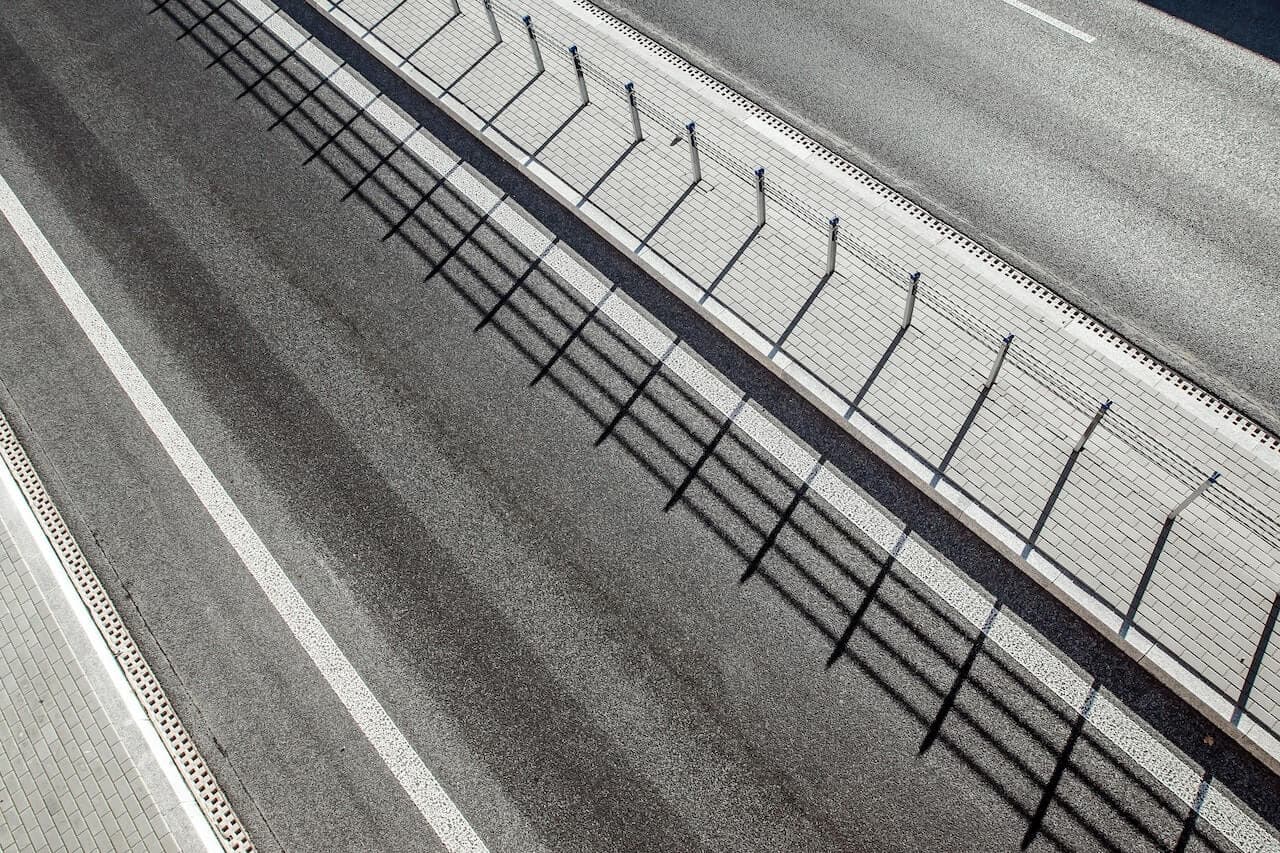
In life you can turn any high-risk situation into a low-risk one simply by making yourself aware of the risks and then managing them. For example, jumping out of a plane is a high risk situation; scuba-diving is a high risk situation; even something as simple as driving a car is a high risk situation. People do these things every day because they have been trained to recognise and avoid the hazards inherent in each activity. If you follow a certain set of rules, each activity can become reasonably safe. The same is true of hitchhiking.
The most basic step you can take to reduce your vulnerability across the vast majority of hitchhiking related situations is simply to look like you don't have anything of value. Keep expensive clothing and electronics out of sight – don't wear headphones, keep your wallet in your front pocket, and, if you carry a large amount of cash, keep most of it in your backpack. You don't need to look like you're destitute, but you shouldn't be trying to impress anyone either. Don't stand out from the crowd.
You can reduce your chances of unwanted attention further by walking with confidence. Move at a brisk pace, staring straight ahead, and smile and make brief eye contact with the pedestrians you pass. Make room for others on the street, but don't cross the road to avoid people late at night. If someone speaks to you, respond politely but don't stop. If you're in an unfamiliar place, don't wander around looking lost with a giant map in both hands. A map folded to about the size of your hand should still be able to show enough of the local area. Memorise the immediate directions and keep it in your pocket the rest of the time. If you need to ask someone for directions, it's safer to go into a shop and ask an employee than to ask someone on the street.
Be wary at first of accepting drinks that have already been opened when making new friends and limit your alcohol intake so that you stay in control. If you're planning to camp outdoors, be vague when talking to people you've just met about where you're planning to sleep. Make sure nobody follows you to your camping spot and try not to camp in the same place multiple days in a row.
Aside from following your common sense, one of the most effective ways to minimise your vulnerability is to just relax. Make rational judgements about the situations you find yourself in and don't over-react to them. If you act confidently and comfortably even when you're around people who intimidate you, those people are likely to remain calm in your presence. It can actually be pretty offensive to be afraid of somebody. Showing fear has the potential to cause aggression where none existed before and the vast majority of the time your fears will be unfounded. Even so, if you feel uncomfortable with someone, nothing is stopping you from making your excuses firmly and leaving. Who you spend your time with is always your choice.
Some people feel more confident and powerful if they are carrying a weapon, and it is common to carry a knife of some sort when you are hitchhiking. However, in reality this form of “protection” will probably only increase your vulnerability. See "packing your back" for more advice about carrying a weapon.
Ultimately, if you act calmly, confidently, and with good judgement then it's doubtful whether you are significantly more vulnerable as a hitchhiker than any other normal citizen. We interact with strangers on a daily basis at work, on the street, and during our leisure time – interacting with strangers on the road isn't actually much different.